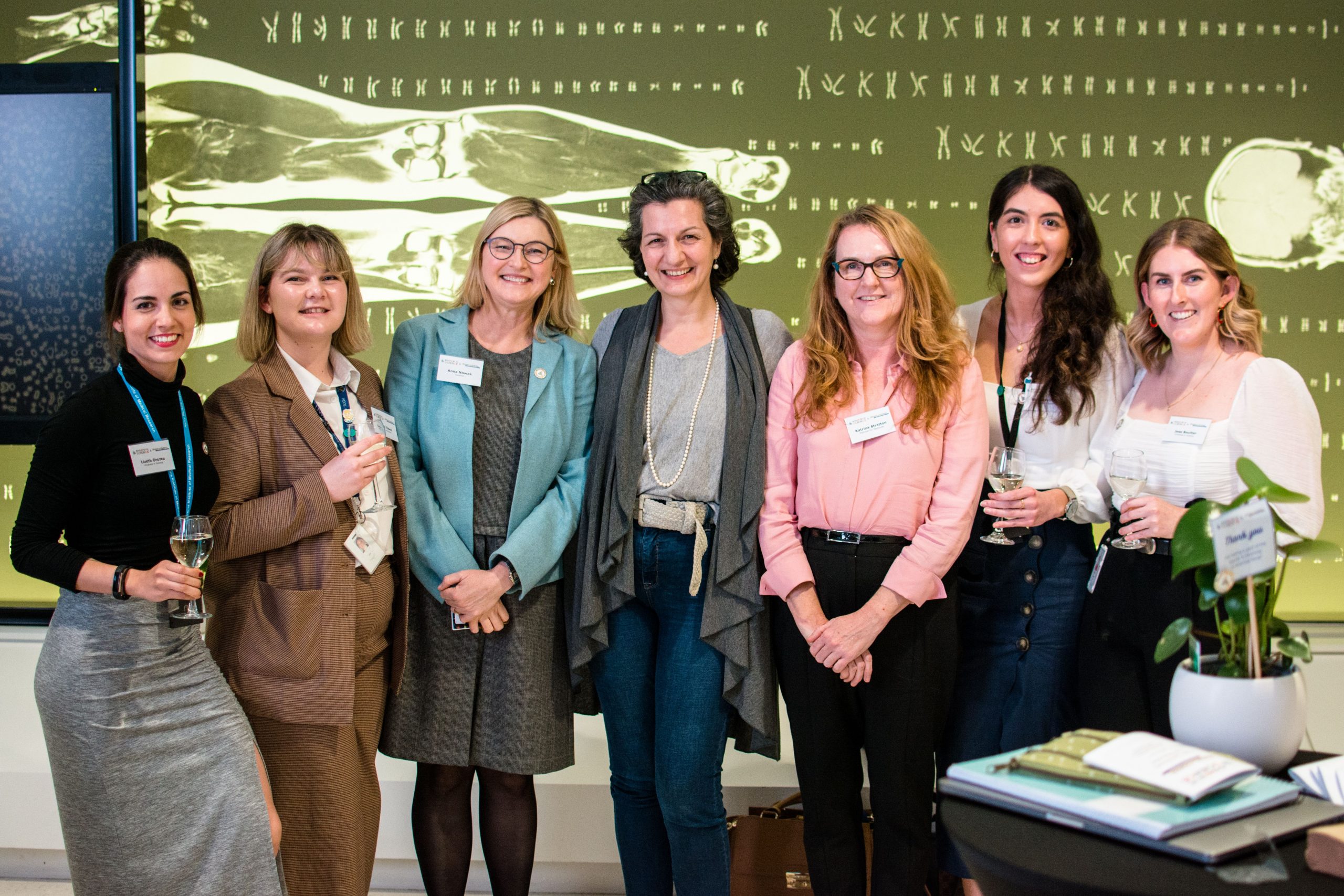A team of four NCARD PhD students – Caitlin Tilsed, Jess Boulter, Lizeth Orozco Gil and Nicola Principe – have been inspired by an international movement which originated in New Zealand, explored and embraced its purpose and truly moved it forward in the first half of this year in a project supported by the UWA Alumni Fund.
Kindness in Science was begun by a group of scientists in 2018 https://www.nature.com/articles/d41586-018-00482-y and has made it into the literature of some of the most respected scientific journals https://www.nature.com/articles/d41586-019-02951-4 and https://www.scientificamerican.com/article/scientists-need-to-be-kinder-to-one-another/
Some of the reasons scientists have turned the attention on their own culture and work practices include the sometimes toxic and competitive environment of academia; the frequent disappointments of unsuccessful grant applications; the financially insecure work environment; and the firmly embedded hierarchical practices that have historically made it difficult for younger, inexperienced – or female, or non-English speaking, or indigenous or gender or neurodiverse people – to thrive in the science field.
Stress can diminish creativity, and a pressure to publish can lead to cut corners and even dishonesty. An expectation of 70 hour weeks leads to burn out and poor retention.
Kindness In Science has four key “pillars”: the need for kindness to the Self. Science is impactful to the Environment, requires Inclusivity and Diversity in its impact on Others. In its Community role, excellent science communication and the ability to combat misinformation is required.
The first workshop – What Is Kindness in Science? – was held on 5 March 2021 and chaired by Dr Gina Ravenscroft, a Senior Research Fellow within the Neurogenetic Diseases Group in the Harry Perkins Institute. Gina made a point about collaboration over rivalry advancing science that is also applicable in mesothelioma research (considered a rare cancer). A researcher in rare diseases, Gina noted that in her field scientists MUST collaborate, as there may be only one or two other patients with whom to compare.
A lively and open panel discussion included local researchers Demelza Ireland, Bree Foley, Jeff Keelan and Joost Lesterhuis, now with Telethon Kids Institute but still connected to NCARD. Some of the ideas raised included the idea of putting others forward for opportunities, the benefits of fostering an environment of sharing the load, and the fact that some kindnesses – such as praise, thanks, and compliments – take no time at all.
The team organised a series of workshops that ranged from yoga to stress management, media communication and waste management in science https://kindscientists.wixsite.com/website
Using the resources of UWA and outsourcing where necessary, they were impressively diligent and nothing short of inspirational in managing their project funds.
A final panel discussion on Equity and Diversity in Science was held in the QEII Perkins building’s McCusker Auditorium on 24 June 2021 and was packed to the rafters. The panel mediators, Barbara Nattanabi and Amber Boyatzis, interviewed each of the seven panellists – including our own NCARD Director, Prof Anna Nowak – ahead of the event, and will be producing more notes and materials on these interviews: good news, as the entertaining hour was simply not long enough to reflect the useful observations of the outstanding group assembled.
We have been immensely proud of the Kindness In Science team and their creative and thorough approach to this project. We look forward to great things from these and other scientists of the future.
Photo: (from left) Lizeth Orozco Gil, Caitlin Tilsed, Prof Anna Nowak, Prof Romola Bucks, the Hon Katrina Stratton MLA, Nicola Principe and Jess Boulter.


